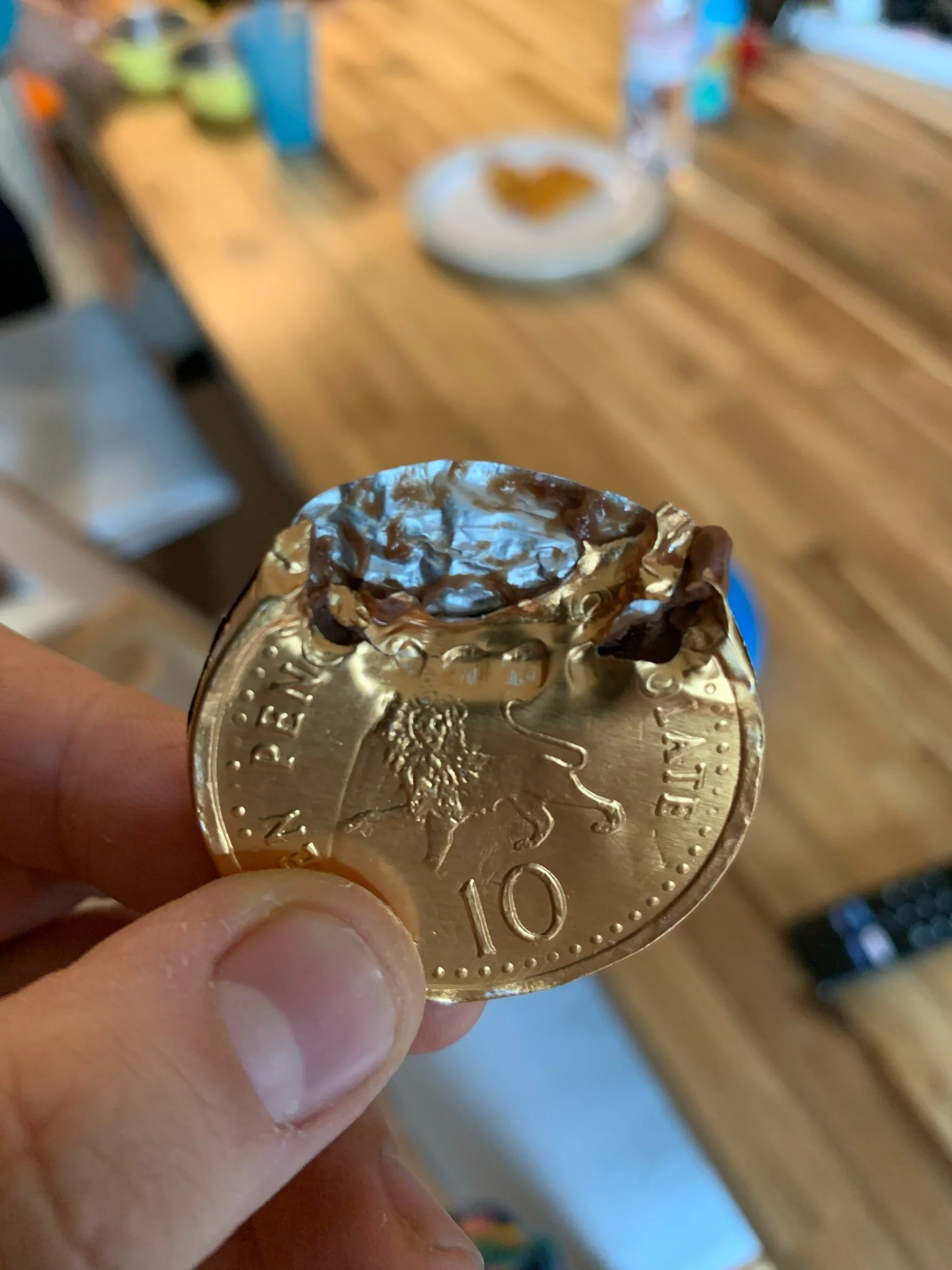I love it when new guidance comes out. It lets us in on their experience of receiving and considering applications, and most importantly how they view some of these. Before we deep-dive, it’s useful to remind ourselves that this particular guidance is speaking to several different types of candidates, each with unique requirements. So here we go:
Key Changes in the February 2025 Guidance
1. Clarification on Media Recognition and Awards
Media recognition and awards must now be strictly for professional work only. Evidence related to student or amateur work will no longer be accepted. This has always been the case, but it seems that ACE might be getting inundated with ineligible media evidence. Media recognition evidence is often quite difficult to identify for a lay client, even with this clear guidance, as I have seen in several cases where the boundaries overlap. Best to discuss with an expert who can lean on their experience to advise you.
2. Updated List of Notable Industry Awards
The list of acceptable Notable Industry Recognition Awards for film, TV, and animation professionals has been revised to add more. The specific guide to demonstrating your contributions is inserted here from PACT’s own guidance, so in reality, it appears to be a formatting change to this guidance to embrace the details from PACT rather than content change.
3. Expanded Ineligible Disciplines
The latest update significantly expands the list of ineligible disciplines (full list below), with notable exclusions including event hosts, digital content creators, and social media influencers.
4. others
others remain the same, e.g. British Fashion Council willl look for:
Evidence of international media recognition
Evidence of recent catwalk shows, exhibitions, or sales through renowned retailers
Acceptance of social media evidence for Exceptional Promise applicants (if from credible critics or key opinion leaders)
5. Eligible Disciplines – February 2025 Update
The following disciplines are eligible under the new guidance:
Combined Arts
Interdisciplinary arts
Multi-disciplinary arts
Participatory and celebratory work
Large-scale artistic events, festivals, and carnival arts
Dance
Ballet
Contemporary dance
Aerial dance
Street dance
Folk, traditional, and culturally specific dance
Social dance (e.g., ceilidhs, salsa, ballroom)
Jazz and tap
Entertainment dance (e.g., musicals, dance spectaculars)
Literature
Print, digital, or live poetry
Print, digital, or live prose fiction
Graphic novels and comics
Writing and illustration for children and young people
Independent publishing
Live literature and storytelling
Translation of original poetry and prose fiction
Music
Classical and orchestral music
Opera
Contemporary music (e.g., pop, rock, hip-hop, DJing)
Folk, traditional, and culturally specific music
Jazz
Choral or gospel
Theatre
Musical theatre
Physical theatre and mime
Narrative drama
Experimental theatre
Comedy (excluding TV/Film comedy)
Variety and cabaret
Pantomime
Circus
Puppetry and visual theatre
Youth theatre (excluding Drama in Education)
Visual Arts
Drawing, painting, or printmaking
Sculpture and installations
Design (created specifically for exhibition)
Graphic design for exhibition (non-commercial)
Artist-led animation (excluding film/TV work)
Illustration for exhibition, zines, or picture books
Live and performance art
Mixed media and digital art
Ceramics, pottery, or handmade crafts for exhibition
Fine art photography
Artists film and moving image (non-commercial)
Sound art
Virtual Reality or Augmented Reality for exhibition
Museums and Galleries (arts-focused activity only)
Film and Television (under the Producers Alliance for Film and Television - Pact)
Fashion Design (under the British Fashion Council)
Architecture (under the Royal Institute of British Architects - RIBA)
6. Ineligible Disciplines – February 2025 Update
The new guidance has expanded the list of ineligible disciplines, making it crucial for applicants to confirm they qualify under eligible creative sectors before applying. The following disciplines are now explicitly listed as ineligible:
Hair styling
Make-up for fashion
Fashion stylists
Nail art
Health and beauty
Editorial and fashion photography
Commercial photography
Live events photography
Photography and artwork for music releases
Using AI to manipulate others' work from the web (e.g., AI photography)
Photography, videos, CGI, design, and illustration for marketing campaigns, advertising, or branding
Music videos (unless applying under the Film/TV - Exceptional Talent criteria)
Art and creative direction for marketing campaigns, advertising, or branding
Commercial illustration and/or design
Non-fiction or educational writing and illustration
Scientific illustration
Stock imagery
Self-help books
Modelling
Journalism (written and photographic)
Investigative journalism
Long-form journalism
General writing about the arts
Food writing
Researchers
Education (teachers and lecturers)
Music education or other artistic education
Conference programming
Consultancy
Marketing
Historians
Art historians
Design, manufacture, or restoration of functional products, textiles, or furniture
Working in museums and galleries in non-creative roles (e.g., front-of-house or administration)
Arts administration
Design work that is not in a visual arts context (e.g., graphic design, product design, industrial design, UX design, etc.)
Technical, scientific, medical, architectural, or fashion illustration
Podcasts
Radio DJs
Event hosts and masters of ceremonies
DJs who do not produce their own music or remixes
Competitive dance/Dancesport
Digital content creators (e.g., YouTube channels, Instagram influencers/models)
Art dealers/collectors
Art critics
Instrument makers
Toy makers
Music industry professionals/executives (e.g., PR, A&R, Managers)
Tattoo artists
Professional wrestling
Members of curatorial teams or exhibition assistants
Front-of-house staff
So there you go.
The expanded ineligible disciplines highlight the importance of ensuring that applicants have sufficient professional experience within eligible art discilpines only, to meet the Arts Council England’s defined remit for creative practice. For creatives seeking a Global Talent Visa, it's vital to tailor your application with precise supporting evidence, ensuring your work aligns with the endorsed criteria.
💬 Need help navigating the new guidance or preparing your application? As an experienced immigration lawyer, I specialise in supporting creatives and industry professionals with Global Talent Visa applications. Contact me for tailored advice and expert support.
#GlobalTalentVisa #UKImmigration #ArtsCouncilEngland #ImmigrationLawyer #CreativeIndustries





![Graduate Visa vs. Global Talent [Korean]](https://images.squarespace-cdn.com/content/v1/5873fff7d482e9f0cf1158b7/1691753812268-DWI08W0Q5MCJGSXAA4PB/IMG_6878.jpeg)
